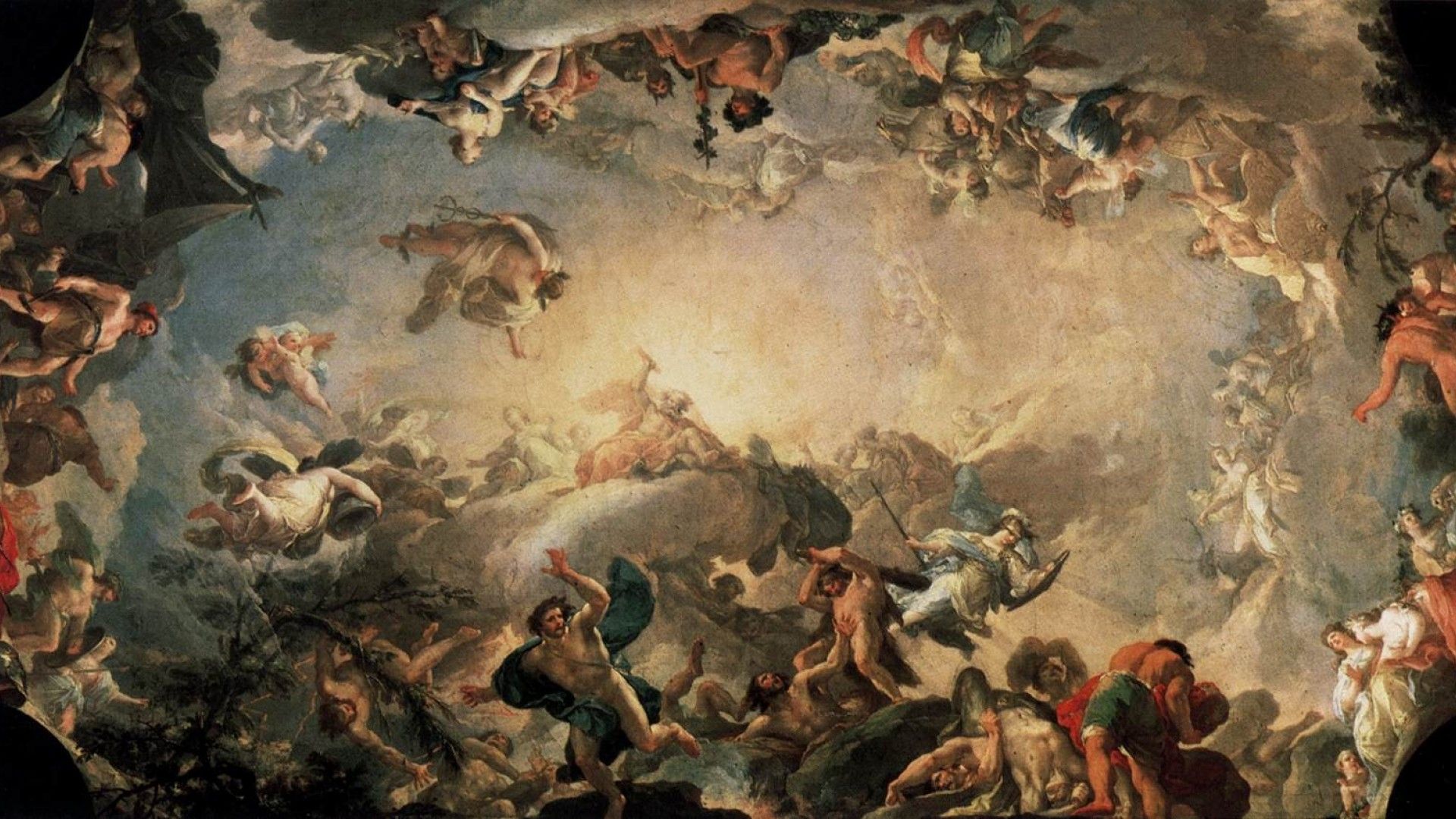
Graeae

The three sisters who shared one eye
The Graeae were three sisters who shared one eye and one tooth among them. Not surprisingly they weren't known for their beauty.
The word Graeae is probably derived from the adjective γραῖα graia "old woman".
They were one of several trios of archaic goddesses in Greek mythology. The Graeae were daughters of the sea-deities Phorcys and Ceto. Thus, they were among the Phorcydes, all of which were either aquatic (sea-based) or chthonic (earth-based) deities. The Graeae were sisters to the Gorgons. The Graeae took the form of old grey-haired women; though, at times poets euphemistically described them as "beautiful". In other legends they are described as being half-swan.
Their age was so great that a human childhood for them was hardly conceivable. Their names were reported as well-clad Pemphredo (Πεμφρηδώ "alarm") and saffron-robed Enyo (Ἐνυώ "horror" the "waster of cities" who also had an identity separate from this sisterhood); Pseudo-Apollodorus added Deino (Δεινώ "dread", the dreadful anticipation of horror) as a third. Hyginus adds a fourth, Persis (Περσις "destroyer, slayer"; for this last others say Dino) or Perso (Περσώ).
They shared one eye and one tooth, which they took turns using. By stealing their eye while they were passing it amongst themselves, the hero Perseus forced them to tell the whereabouts of the three objects needed to kill Medusa (in other versions the whereabouts of Medusa herself), by ransoming their shared eye for the information.
Specifically, Perseus travelled to the home of the Graeae, a place some call the Island of Cisthene, but the Graeae would not willingly give away the location of their sisters. Thus, Perseus had to force the answer out of the Grey Sisters.
This Perseus achieved, by intercepting the eye of the Graeae as it passed between the hands of the sisters. Fearful of becoming completely blind, the Graeae would eventually reveal the secret location of Medusa.
It is common to believe that Perseus returned the eye to the Graeae after receiving the answer he was looking for, but in some alternative versions of the story, the Graeae became permanently blind, for Perseus threw the eye of the Graeae into Lake Tritonis.
After the departure of Perseus, the Graeae do not appear again in any further surviving Greek myths.
One might compare the Graeae with the three spinners of Destiny, (the Moirai); the northern European Norns; or the Baltic goddess Laima and her two sisters; though all are distinct trios.
Our Mobile Application
Check out Our Mobile Application "Ancient Greece Reloaded"


